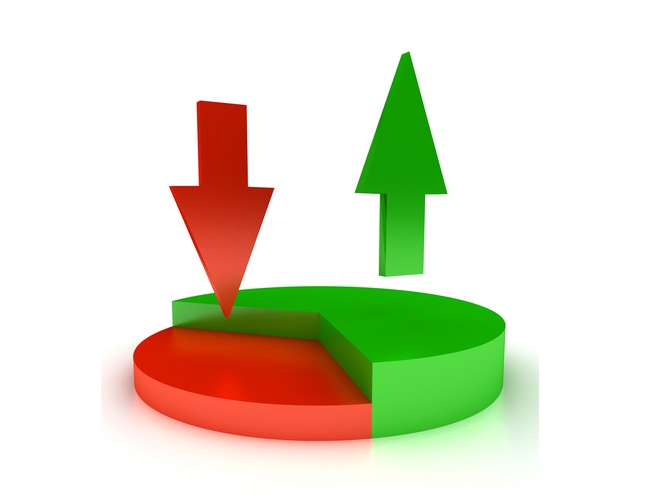PERTH – Oil fell over 2 percent toward $48 a barrel on Wednesday, paring much of the previous session’s gains, dragged down by a bearish industry report showing a larger-than-expected rise in U.S. crude stocks and a slew of weak economic data.
U.S. crude for May delivery fell $1.20 to $48.46 by 10:23 p.m. EDT, erasing much of Tuesday’s 2.6 percent gain that lifted the contract to $49.66 a barrel.
London Brent crude fell $1.03 to $48.20.
“The bearish API data is probably the main reason for the sell-off. Investors are probably also seeing last night’s rally as overdone, which is true since the rally came despite all the gloomy economic data,” said Gerard Rigby, an analyst at Fuel First Consulting in Sydney.
Crude futures on Tuesday rose in tandem with Wall Street, which was headed for its best month in six years, despite gloomy data showing U.S. house prices had plunged at a record pace of 19 percent in January, while consumer confidence held just above record lows in March.
But analysts said bearish numbers from the American Petroleum Institute showing crude stocks rose by a greater-than-expected 3.3 million barrels to 357.8 million barrels in the week to March 27, were encouraging investors to take profit.
The API data is seen as foreshadowing a similarly dismal report by the more widely tracked U.S. Energy Information Administration, due to be released later in the day, which is expected to show a 2.5 million barrel increase in oil stockpiles that have already swelled to their highest level since 1993.
Poor business confidence from Japan, the world’s No. 3 energy consumer, also pointed to a bleak near-term demand outlook for oil.
Japanese business confidence tumbled at its fastest pace ever in the first quarter to the worst on record, the Bank of Japan’s tankan corporate survey showed, highlighting the pain companies are facing as the global economic crisis scythes through Japan’s exports.
Compounding the gloom was a forecast by Organization for Economic Co-operation and Development that world trade was in free fall and should decline by 13.2 percent in 2009 as the economic crisis cuts demand across the globe.
Oil prices have tumbled nearly $100 from the record high struck last July as the global economic crisis slashed global oil demand for the first time in 25 years.
But recent rally in global stock markets and production cuts by the Organization of the Petroleum Exporting Countries has helped lift oil prices by 9.5 percent in the first quarter, snapping two consecutive quarters of double-digit declines.
“Investors are generally seeing an uptrend in the markets so funds that are looking for somewhere to invest their money are now much quicker to put their money in commodities,” Fuel First’s Rigby said.
“And oil will be a key market for investors since it is relatively easy to move the market and make some money at a much quicker pace.”
Source: news.chemnet.com







